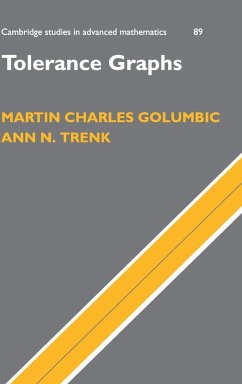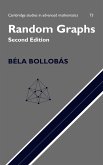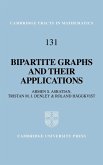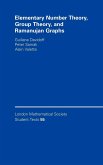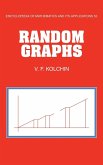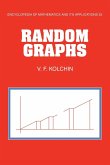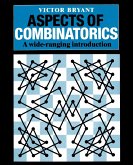Short description/annotation
Tolerance graphs for researchers and graduate students. Collects important results and discusses applications.
Main description
The study of algorithmic graph theory and structured families of graphs is an important branch of discrete mathematics. It finds numerous applications, from data transmission through networks to efficiently scheduling aircraft and crews, as well as contributing to breakthroughs in genetic analysis and studies of the brain. Especially important have been the theory and applications of new intersection graph models such as generalizations of permutation graphs and interval graphs. One of these is the study of tolerance graphs and tolerance orders. This book contains the first thorough study of tolerance graphs and related topics, indeed the authors have included proofs of major results previously unpublished in book form. It will act as a springboard for researchers, and especially graduate students, to pursue new directions of investigation. With many examples and exercises it is also suitable for use as the text for a graduate course in graph theory.
Table of contents:
1. Introduction; 2. Early work on tolerance graphs; 3. Trees, cotrees and bipartite graphs; 4. Interval probe graphs; 5. Bitolerance graphs and ordered sets; 6. Unit and 50% tolerance graphs; 7. Comparability and invariance results; 8. Bounded bitolerance recognition; 9. Algorithms on tolerance graphs; 10. The hierarchy of bitolerance orders; 11. Tolerance models on trees; 12. Phi-tolerance models; 13. Directed tolerance graphs; 14. Open questions and further directions.
Hinweis: Dieser Artikel kann nur an eine deutsche Lieferadresse ausgeliefert werden.
Tolerance graphs for researchers and graduate students. Collects important results and discusses applications.
Main description
The study of algorithmic graph theory and structured families of graphs is an important branch of discrete mathematics. It finds numerous applications, from data transmission through networks to efficiently scheduling aircraft and crews, as well as contributing to breakthroughs in genetic analysis and studies of the brain. Especially important have been the theory and applications of new intersection graph models such as generalizations of permutation graphs and interval graphs. One of these is the study of tolerance graphs and tolerance orders. This book contains the first thorough study of tolerance graphs and related topics, indeed the authors have included proofs of major results previously unpublished in book form. It will act as a springboard for researchers, and especially graduate students, to pursue new directions of investigation. With many examples and exercises it is also suitable for use as the text for a graduate course in graph theory.
Table of contents:
1. Introduction; 2. Early work on tolerance graphs; 3. Trees, cotrees and bipartite graphs; 4. Interval probe graphs; 5. Bitolerance graphs and ordered sets; 6. Unit and 50% tolerance graphs; 7. Comparability and invariance results; 8. Bounded bitolerance recognition; 9. Algorithms on tolerance graphs; 10. The hierarchy of bitolerance orders; 11. Tolerance models on trees; 12. Phi-tolerance models; 13. Directed tolerance graphs; 14. Open questions and further directions.
Hinweis: Dieser Artikel kann nur an eine deutsche Lieferadresse ausgeliefert werden.

